There’s more to sales than meets the eye. For some, working in sales may just look like haggling over prices and trying to get people to buy a product or service they don’t need. But for those of us in the know, sales is so much more than that — it’s an art form and a way of life.
Without sales, there would be no clients, and without clients, a business would cease to succeed. In that sense, learning how to sell effectively is one of the most important skills a person can possess. It can be tough, it’s competitive, and it often doesn’t feel very rewarding.
We’ve all had those days when nothing seems to go right, and the only thing left to do is give up. But then something amazing happens: we find the strength to keep going and also learn that sales go beyond just making transactions — it can teach us some valuable insights on how to live our lives to the fullest.
Here are five important lessons we’ve learned from our sales experience:
1. The time you invest today benefits tomorrow.
Prospecting today leads to a pipeline tomorrow and eventually a closed business. It’s not about hitting your number every single day — you won’t always be closing a business. It’s about building a healthy foundation (your pipeline) so that you can consistently close — not just rely on luck.
Think about it this way: if you make one sale today, congratulations! But what happens tomorrow when you don’t have any sales? You’ll find yourself back to square one. But if you spend today building your pipeline, you’ve laid the foundation for future success. You’ll be able to set yourself up for a continual stream of sales down the road.

Real-life wisdom: Why not invest your time in something you’re passionate about? Whether you’re taking the time to learn something new, build positive relationships, or simply take care of your health, everything you do today will have an impact on your tomorrow.
Life is not simply a series of steps that we take in order to reach an endpoint. Rather, it is a collection of experiences that should be savored and enjoyed. So wake up each day with excitement and purpose. Embrace the challenges and obstacles that come your way and make the most out of them.
2. Respect your own time and the time of others.
As a salesperson, you generally have 8 hours a day to do your job. The same goes for your prospects, your customer service team, your sales manager, and sometimes, even your CEO. Time is a precious commodity. We only have so many hours in the day, and we need to make the most of them. And in sales, every minute counts.
Salespeople are always under pressure to use their time effectively and efficiently. After all, time is money. But there’s more to time than just quantity. Quality is important too. How you spend your time says a lot about what you value. That’s why there’s always pressure to use our time effectively and to spend it with those who are working towards a common goal.

Real-life wisdom: In our fast-paced, connected world, it’s easy to waste time on things that don’t matter. But as we get older, we begin to realize that time is the most valuable currency. It’s not unlimited, and we can’t get it back once it’s gone. That’s why it’s important to invest our time wisely in things that will make us happy and fulfilled.
We have to be choosy about how we spend our time, and sometimes that means saying “no” to things that won’t add anything meaningful to our lives. It’s not always easy, but it’s a valuable lesson to learn to help you grow.
3. Build towards something YOU ultimately want.
Build towards something you ultimately want and not the business you work for (unless you work for your own company). Do you sell to make money? Or to become a better version of yourself? How and why are you intentional each and every day? There should no doubt be an overlap between your work and what the business does (that’s why you work there).
But don’t show up just to sell to make the business money. Businesses exist to generate profit. By proxy, that’s what your role is. However, smart businesses know that those who are valuable, individual assets, will bring more to the business. This is why personal branding is so powerful. So when you log on for the day or go into the office, do it for yourself first. You are the priority — your health, your relationships, and your overall wellness.

Real-life wisdom: Sometimes it’s hard to tell if you’re doing the right thing, especially when you’re making a major decision. Are you following your heart? A friend’s advice? A family member’s wishes? All of the above can be helpful, but sometimes the loudest voice in the room is your own. And if it’s telling you that something doesn’t feel right, it might be time to reevaluate your decision.
Maybe you’re not ready to take the plunge just yet. Or maybe you’ve been talked into something that you know, deep down, isn’t what you really want. Trusting your gut can be difficult, but it’s often the best way to ensure that you’re on the path you’re meant to be on. After all, only you know what’s best for you – so if something doesn’t feel right, chances are it probably isn’t.
4. To persuade people, you need to meet them where they are.
It is a part of sales training to meet customers in the medium they prefer to communicate and with the value of where they invest their time. The best way to fuel this is through your curiosity. Your tool for this is asking better questions and focusing on the other.
For example, you cannot persuade a farmer to buy a new business technology simply by talking about efficiency and dollar ROI. You can persuade a farmer to buy through a co-created message of value relating to animal wellness and how that farmer can better provide for their community and family.
Farmers don’t speak in new business advancements. Farmers speak in the science and art of the growth of nature with the purpose of engaging with it. The same goes for sales and partnerships. Meet people where they are. See the change. Results follow.

Real-life wisdom: If we want to connect with someone, to understand them, we have to meet them where they are. We have to see the world through their eyes. Only then can we hope to persuade them to see things our way. The same is true of relationships.
If we want to build a strong connection with someone, we have to meet them where they are. We have to understand their perspectives, experiences, hopes, and dreams. Only then can we hope to build a meaningful relationship with them.
5. Always plan ahead.
As a sales professional, one of the most important things you can do is to always plan ahead. That means being prepared for rejections, objections, and unexpected challenges. Having a clear idea of your goals and the steps you need to take to reach them, you’d be in a much better position to succeed.
That’s why it’s vital to spend some time each week reviewing your sales process, pitch, and plans and making adjustments as needed. It may seem like a lot of work, but it’s worth it if it means hitting your targets and achieving your objectives. So don’t wait until the last minute to start planning – always be prepared.

Real-life wisdom: For example, let’s say you’re planning a trip. If you just wing it, you might end up spending way more money than you intended, or you might not be able to find a place to stay when you get there. But if you take the time to plan ahead and research your options, you’d be much more likely to have a successful and enjoyable trip.
Planning ahead is as important in our personal life. So many people don’t do it and end up regretting it later. Whether you’re planning a party, starting a business, or even just making dinner tonight, always take a few minutes to plan ahead, and you will be much better off in the long run.
Bonus: Setting the next step
Your prospect, partner, and even your sales and marketing team are all inundated with more communications. The remote world brings on more projects and moving parts. Everyone has competing priorities. Here are 3 tactics to implement to manage this effectively. During your current meeting, you should:
1. Determine the date of the next meeting.
“What day in X weeks works best for you? How about Y day at Z time?” Once you have a general idea of when people are available, you can start to narrow down the options. If there are still conflicting schedules, try using scheduling tools like Doodle or Calendly to find a time that works for everyone.
With a little planning, scheduling a meeting doesn’t have to be so difficult.
2. Discuss what will be accomplished in the next meeting.
Don’t be afraid to ask:
- “What do you/we want ready at that time?
- “Here’s what I recommend, do you have anything to add?”
Without a clear purpose, meetings tend to meander and accomplish nothing. This is why it’s important to make sure everyone knows what the meeting is about and what needs to be accomplished. By doing this, you can ensure that meetings are actually productive and serve their purpose. Otherwise, they’re just a waste of time.
3. Ask what and when they will think about or prepare for that meeting.
Take the lead, recommend or suggest, and get them to commit not only mental resources but the start of their actual time. Ask:
- “Between now and then, what do you need to do to get that ready?”
- “When do you intend on giving yourself time for that?”
These questions are hard to remember and ask when you’re excited. But you need to do it. In your agenda, do this during the end while you set the next steps. Be the leader others want. Help them think less and focus on the action more.
BD Paths’ Insights
When it comes to success, there’s no difference between a salesperson and anyone else with a different profession. Sales teach us numerous lessons that we can apply to our personal lives. With these valuable experiences, we can even accelerate our sales career. It may take time, but it will be worth it. Don’t work hard; instead, work smarter. In the end, you won’t have any regrets and no more “I’ve learned it the hard way,” just lessons learned.


